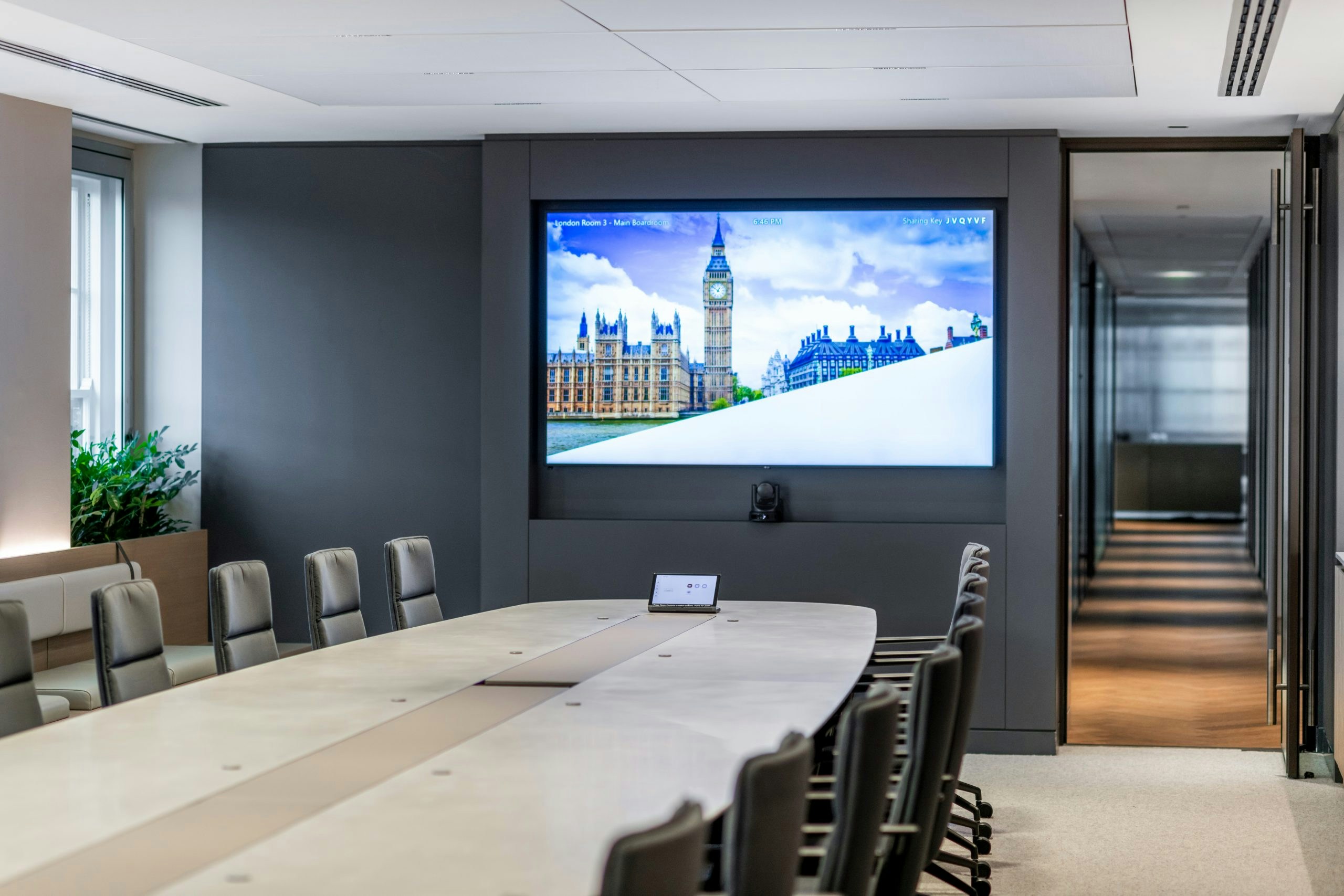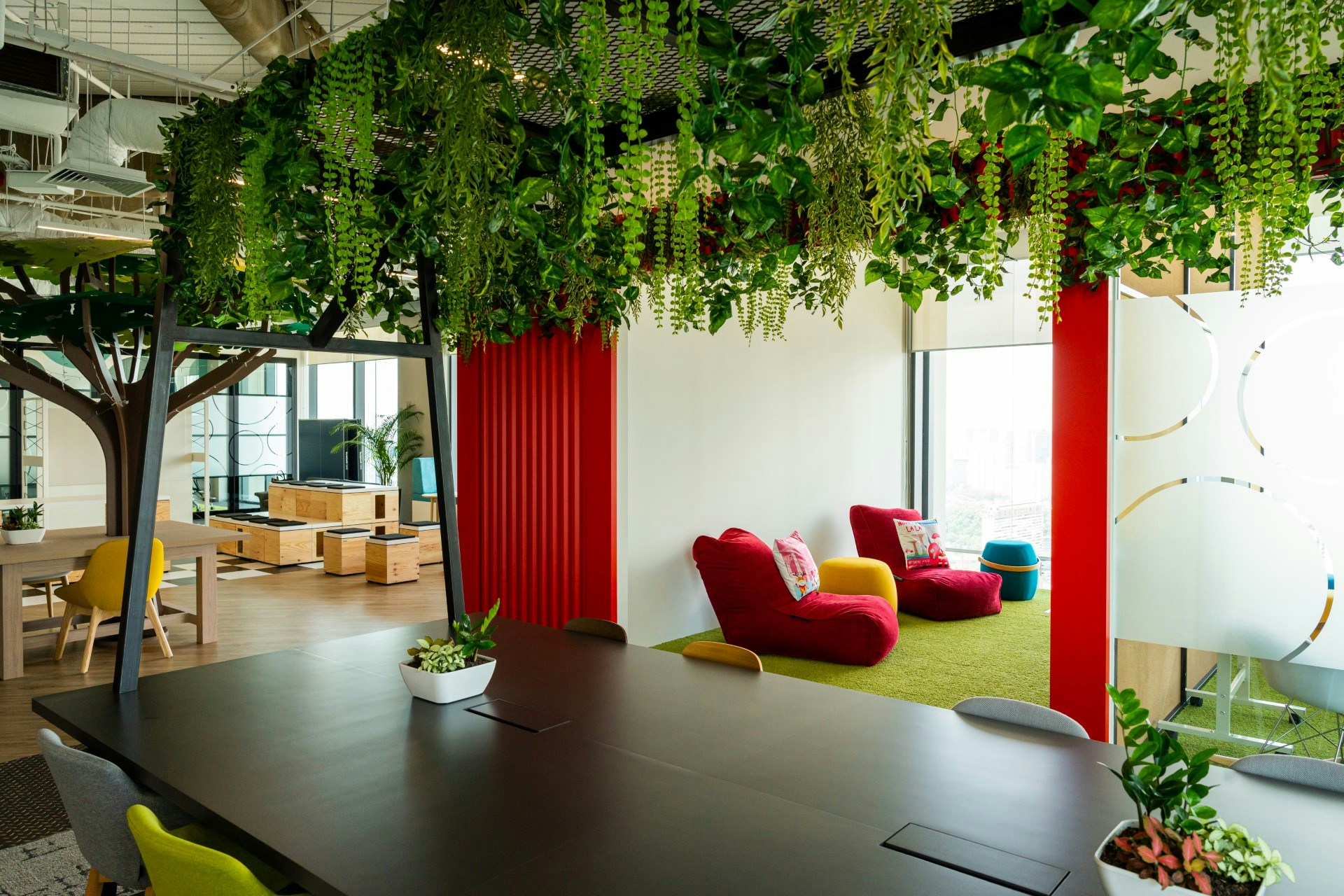How Are Office Furniture Needs Changing?
Modern office furniture is evolving to meet the growing demand for flexibility, technology integration, and sustainability. As workplaces adapt to diverse employee needs and align with goals for well-being and environmental impact, companies are seeking furniture solutions that support hybrid work models, optimise space, and enhance productivity. Adaptable, tech-enabled designs are becoming essential in facilitating new work patterns and fostering a more dynamic, responsive work environment.
Furniture consultancy plays a pivotal role in guiding these changes, offering the expertise to navigate and implement these innovations effectively. Consultants not only help identify solutions tailored to each organisation’s specific needs but also ensure that furniture choices are future-ready, supporting a productive, flexible, and aesthetically aligned workspace.
In this article, we explore key trends and innovations shaping the future of furniture and furniture consultancy. From technology-integrated workstations and sustainable materials to biophilic design and modular furniture solutions, these advancements are setting new standards for what modern workspaces can achieve.







